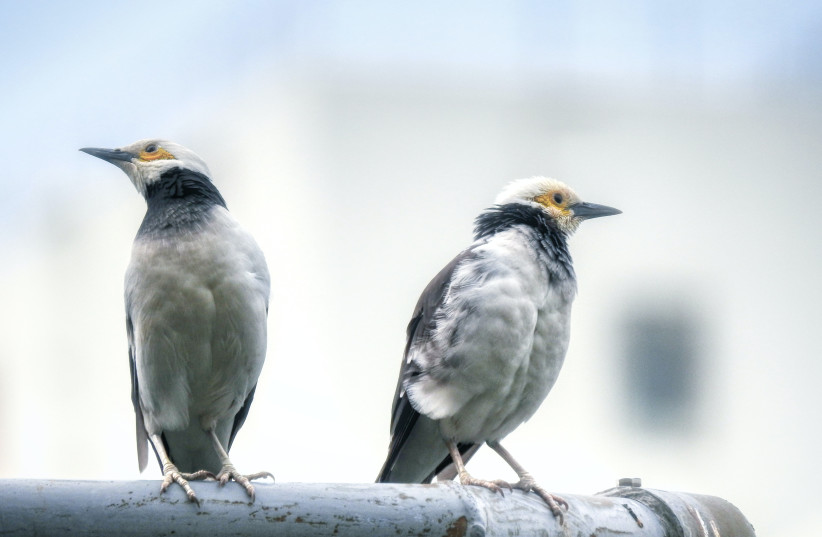Earth is in the midst of a sixth mass extinction event, this time caused by human hands, a new study suggests.
The five previous ones were caused by natural phenomena, either due to natural climate shifts or asteroid impacts. This sixth one, however, was anything but natural, according to a study published in the peer-reviewed academic journal Biological Reviews.
The current extinction event is not even a new phenomenon, but has been going on since at least the 16th century.
Earth was once home to two million known species. According to the study, however, since 1500 CE, as many as 7.5%-13% of them may have been lost, meaning from 150,000 to 260,000 different species.
Some deny this is happening. Or, more precisely, they deny that decline or outright extinction of many species point to a mass extinction event. But the study, led by the University of Hawaii's Prof. Robert Cowie, argues that this is the result of bias.

Most of these assessments focus on mammals and birds, the research professor said, completely overlooking invertebrates, the majority of biodiversity on Earth.
The severity of the situation varies. Specifically, plant life is impacted at a slower rate, and land-based species – specifically on islands like Hawaii – are much more affected than on continents.
Is the loss of species a natural phenomenon?
“Humans are the only species capable of manipulating the biosphere on a large scale,” Cowie emphasized in a statement. “We are not just another species evolving in the face of external influences. In contrast, we are the only species that has a conscious choice regarding our future and that of Earth’s biodiversity.”
This is especially problematic because if humanity is causing the crisis, we're also the only ones who can solve it – and we're not very good at that.
Conservation efforts are possible in theory and have been used successfully for some species. But only certain ones are helped, while the overall trend seems impossible to reverse.
The political will to fight the problem is lacking, Cowie claims.
And if people continue to deny that a sixth mass extinction event is even occurring, the situation will only get worse.
“Denying the crisis, accepting it without reacting, or even encouraging it constitutes an abrogation of humanity’s common responsibility and paves the way for Earth to continue on its sad trajectory towards the Sixth Mass Extinction,” he warned.
<br><br><br>Elon Musk weighs in on mass extinction
Cowie isn't the only one who recognizes the problem, though others may have a very different approach to both the nature of the problem and its solution.
According to billionaire entrepreneur Elon Musk, in direct response to a tweet about Cowie's study, it is inevitable that all life on Earth will go extinct – regardless of the mass extinction event being done by human hands.
Rather than humans being the cause, though, he points to a crisis of a very different nature: The expansion of the Sun.
But this can also be averted, he argued, should humanity spread throughout the stars and become a multi-planetary civilization.
Musk has proposed this many times before, specifically colonizing Mars, and has made clear his ambitions through ventures of his company SpaceX.
But Musk isn't alone in thinking that spreading humanity to other planets is a possible solution.
According to Israeli-American astronomer Avi Loeb of Harvard University, a possible light sail vessel could one day be used as a "Noah's ark" of sorts to save life on Earth. This, he argued, is important, because mankind has already “spent a considerable amount of money into destroying the planet.”
His idea would be different from Musk's colonization one, however.
“It doesn’t need to be a big spacecraft – it just needs to have an artificial intelligence, a large enough computer with the DNA of every living creature and a 3D printer," Loeb said. "We will know, hopefully in the next few decades, how to reconstruct synthetic life, and with a 3D printer we could possibly do it.
"With a computer, 3D printer and AI, we could reconstruct everything.”
